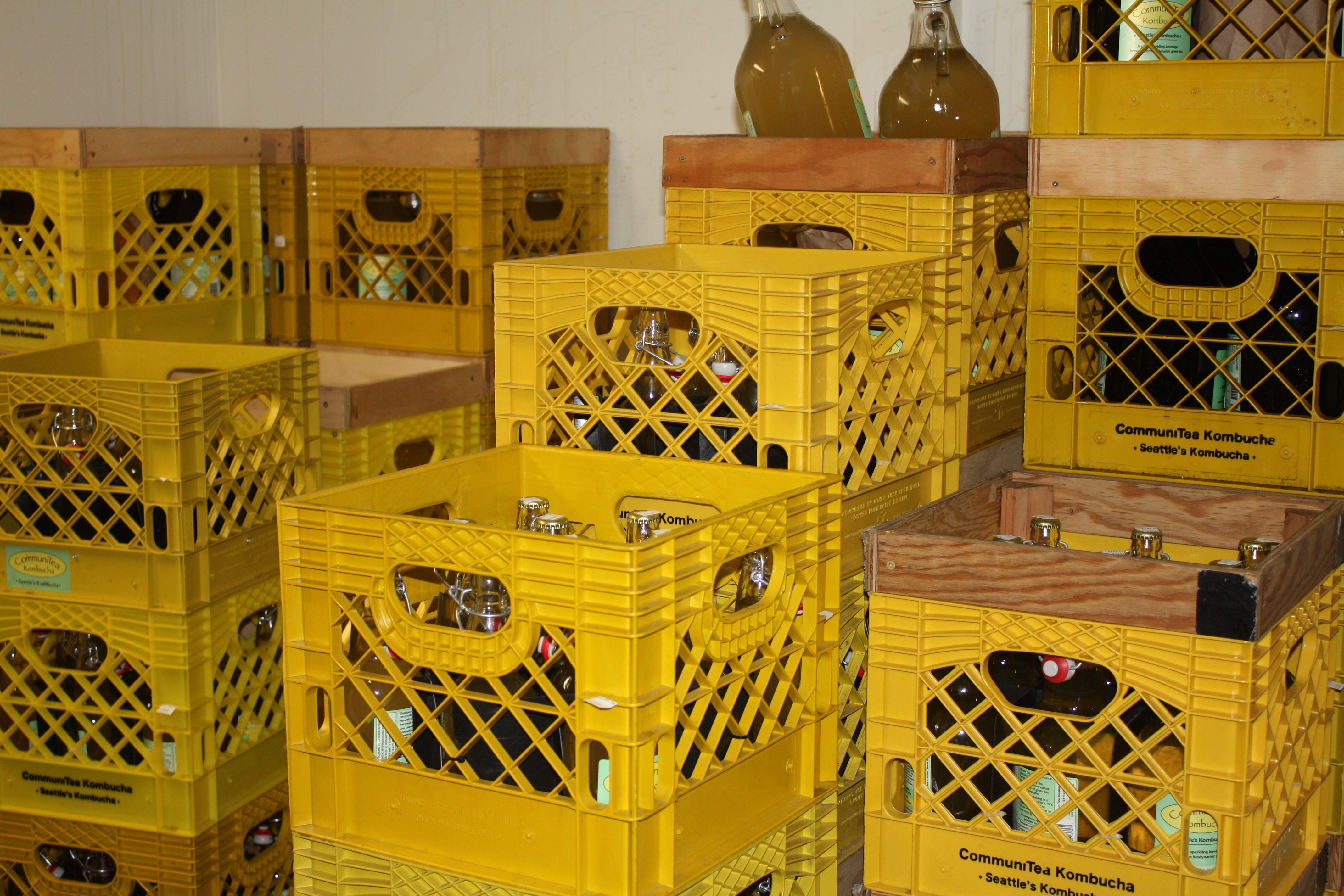
A while back, we commented that the commercial kombucha industry would likely face a period of consolidation and acquisitions. To be honest, both of those trends have been slow to materialize for several reasons that range from issues that include government regulations and market fragmentation.
Clearly Kombucha, based in the San Francisco Bay Area, moves the acquisition needle after being purchased by Molson Coors, brewers of such brands as Carling, Blue Moon, Coors and Molson (of course). The purchase was led by the company’s TAP Ventures group which is charged with expanding its overall line to include more brewed, fermented and distilled products.
According to a story in BevNET, “The TAP Ventures team has been looking into opportunities in the kombucha space for the past year and identified Clearly Kombucha as an attractive company based on the growth of the health and wellness category, as well as the strength and expertise of the Clearly Kombucha team,” a Molson Coors spokesman wrote in an email to BevNET.
A few interesting points to consider:
- Molson Coors will provide Clearly Kombucha will the opportunity for greater distribution. But, as the story points out, the company’s beer distributor clients will have the option to carry the kombucha line or pass. It raises the question whether fermented beverages fit the profile of large beer distributors and larger retailers such as BevMo and Total Wine and More.
- The need for refrigeration in both transport and storage/display could pose an issue, especially for beer distributors.
- One of the reasons that many brands have not expanded is the lack of control that happens when the brewing process takes place at remote or partner facilities. Will Clearly Kombucha be brewed at its current location or move to some of Molson Coors production sites?


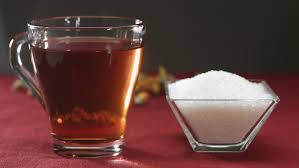
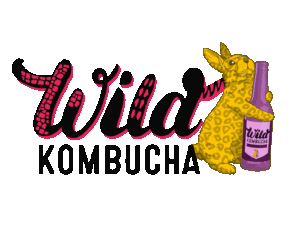

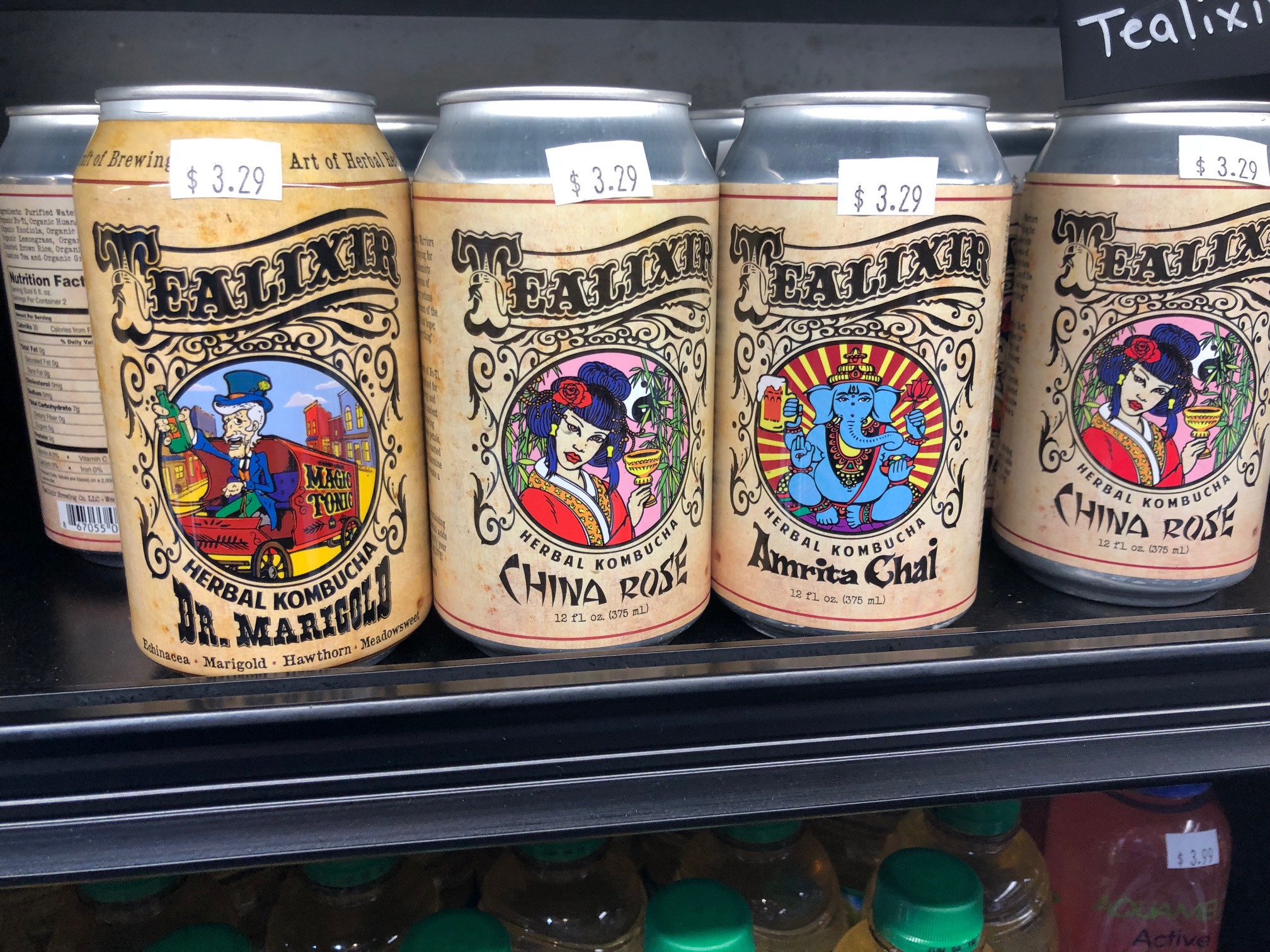
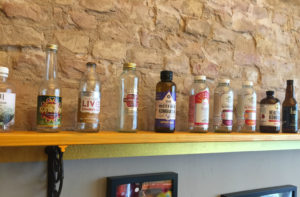
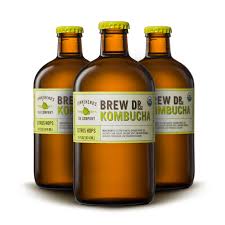
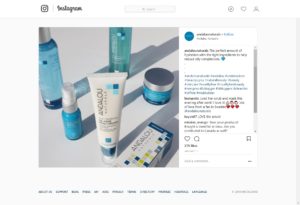 ns that no matter what crazy ingredient you find in their products, be it Kombucha, pumpkin, apricot or purple carrot (yes, you read those right), their powerful benefits will be doubled, if not tripled.
ns that no matter what crazy ingredient you find in their products, be it Kombucha, pumpkin, apricot or purple carrot (yes, you read those right), their powerful benefits will be doubled, if not tripled.